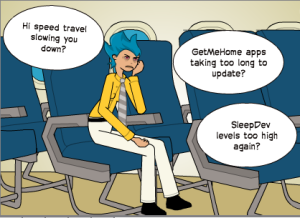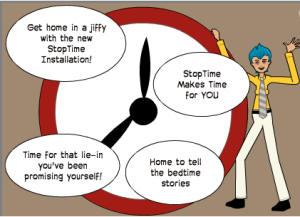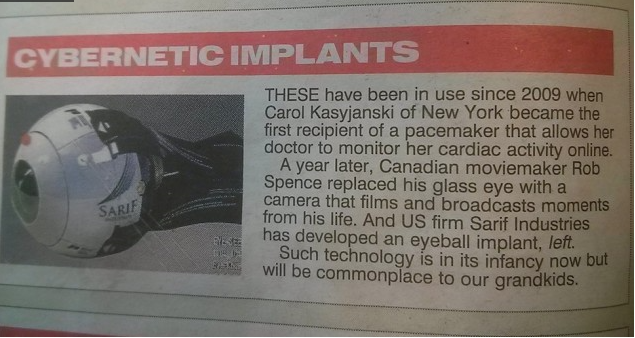A man lies slumped on the ground, as if drunk. A fresh bandage has been wrapped around his head, covering his eyes. Food remnants lie scattered around his unconscious body. Kepa sleeps. He does not know who keeps him trapped here but he knows that every time he wakes up from a sleep as deep as this one, that his dressing is fresh and he has been washed.
As he emerges from sleep, he tries once more to put the pieces together. They know who he is and they know what they have made a mistake. But who are they? The Burnt City. That had not been scheduled. That was why he went to investigate – there are no rumours when the burning is scheduled. It would not have been the work of vigilantes; Companies have too much to lose. Who was it? And why was he still alive?
Approaching footsteps echo from the far end of the chamber. It is a familiar gait, one he trusted still. It was a long time since someone remembered his birthday. Pedro had been right, and Kepa was thankful he came from a large family. The money he received on his birthday during his childhood helped to pay off the last installment every year.
When the camps opened first, there had been hundreds of them but only a handful near his city, and his mother fretted about sending him so far away. The camps lay in designated areas outside urban settings and were lauded by critics for their ability to connect with the next generation of citizens, advance knowledge and ensure a healthy population. They began as state services, provided by the Council as a way to provide education programs and other activities to young inner city children who otherwise had little chance of accessing formal education. Each camp combined the standard education system requirements with special ‘development programs’. The camps were used as testing grounds for the latest pedagogical theories, they offered psychological services, intelligence tests, physical endurance tests, practical skills knowledge and much, much more. Each area was subdivided based on the percentage of human component in each candidate. Kepa could still remember the awful aftertaste of a blueish grey liquid he had to rinse with once a month. He had no idea now what it was for, it was simply something they all had to do.
What had begun as free, state-funded activities, however, were soon taken over by private investors. The introduction and increase of fees was slow enough to prevent widespread condemnation but fast enough to quickly affect poorer families. By then, Kepa had long since moved on.
Pedro stopped in front of his old friend and hoisted the weakened Kepa to his feet.
– Where are we…?
– I know someone who’s recycling fresh meat. Let’s go get you cleaned up.









